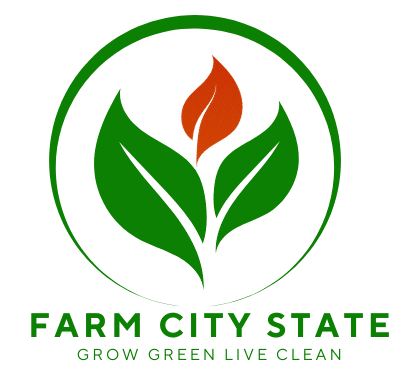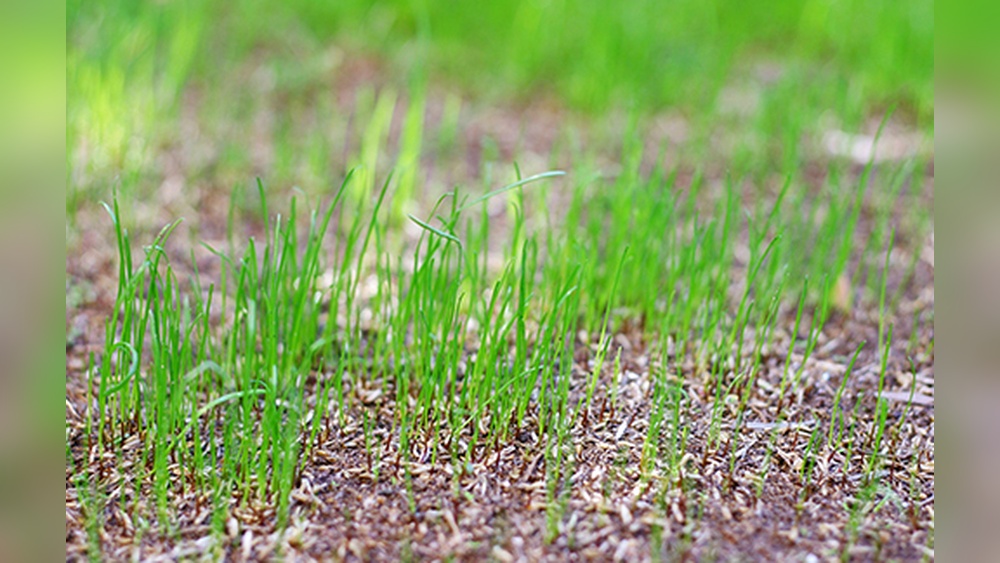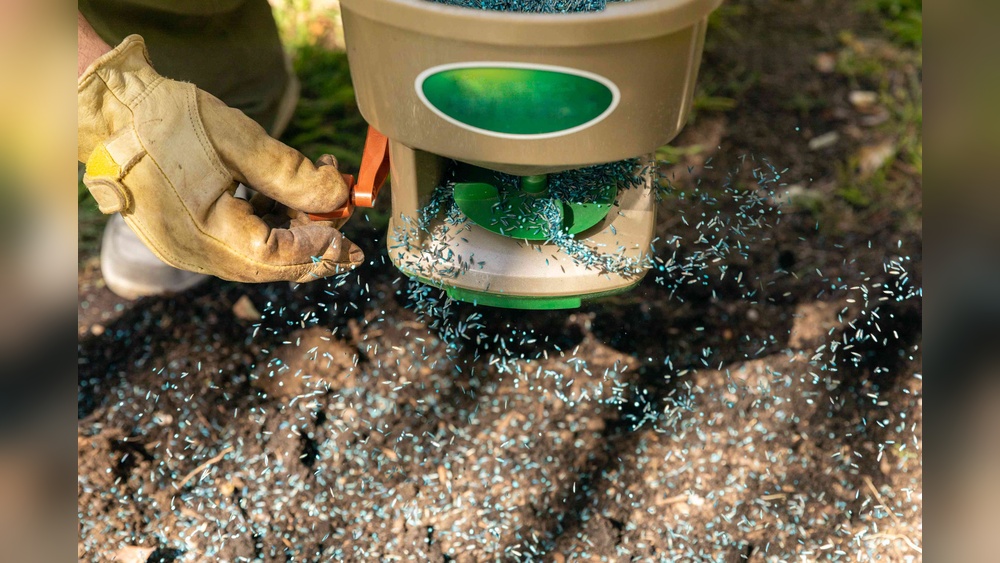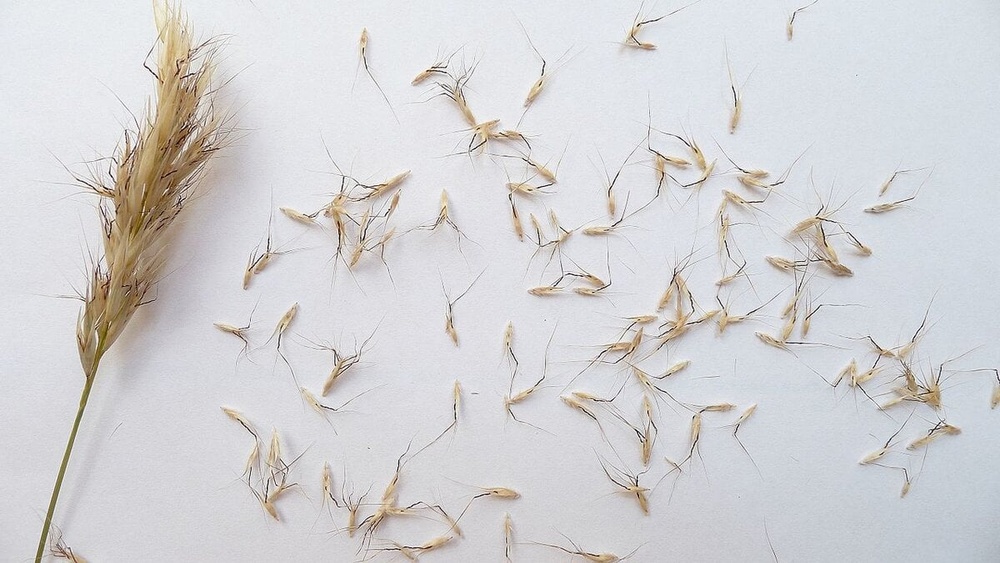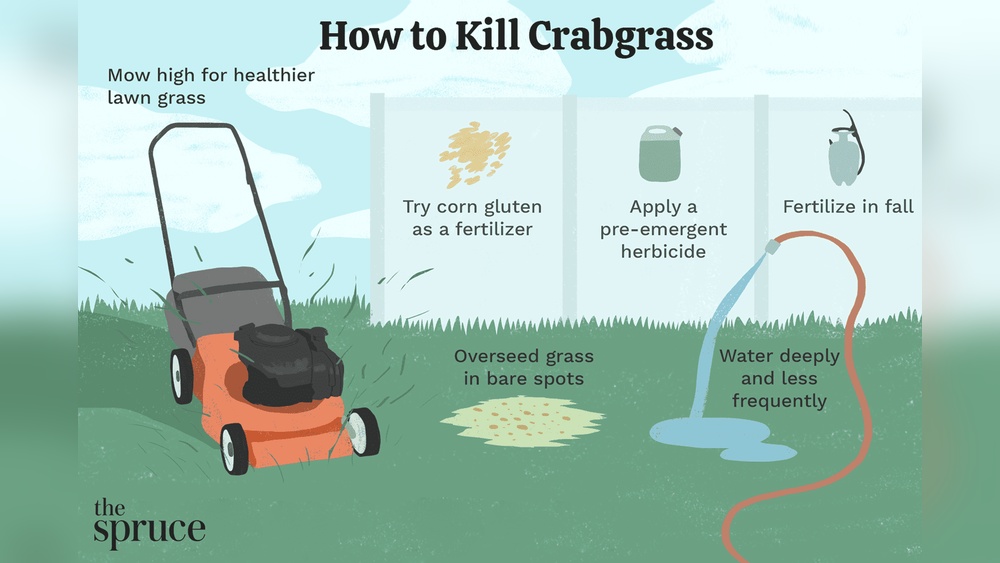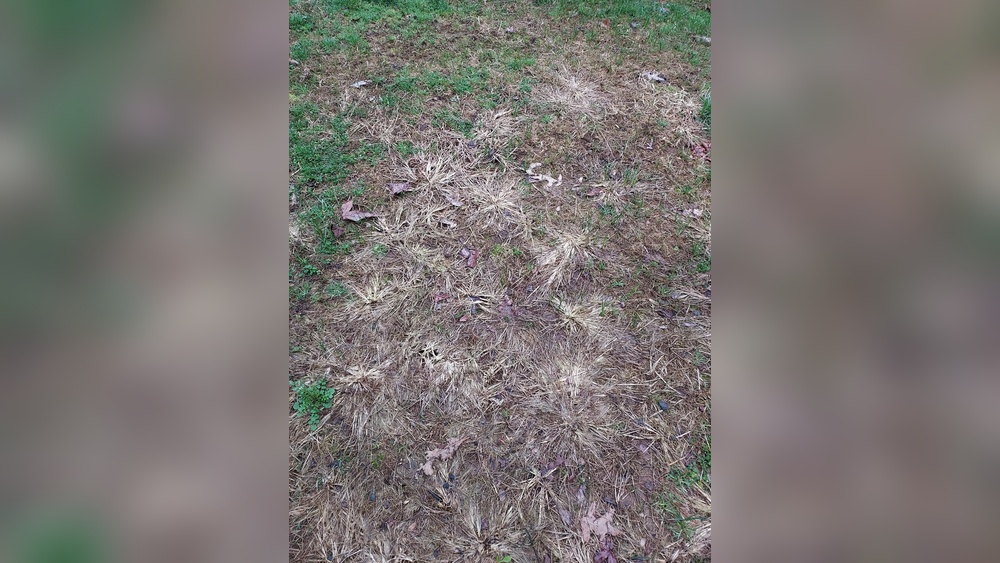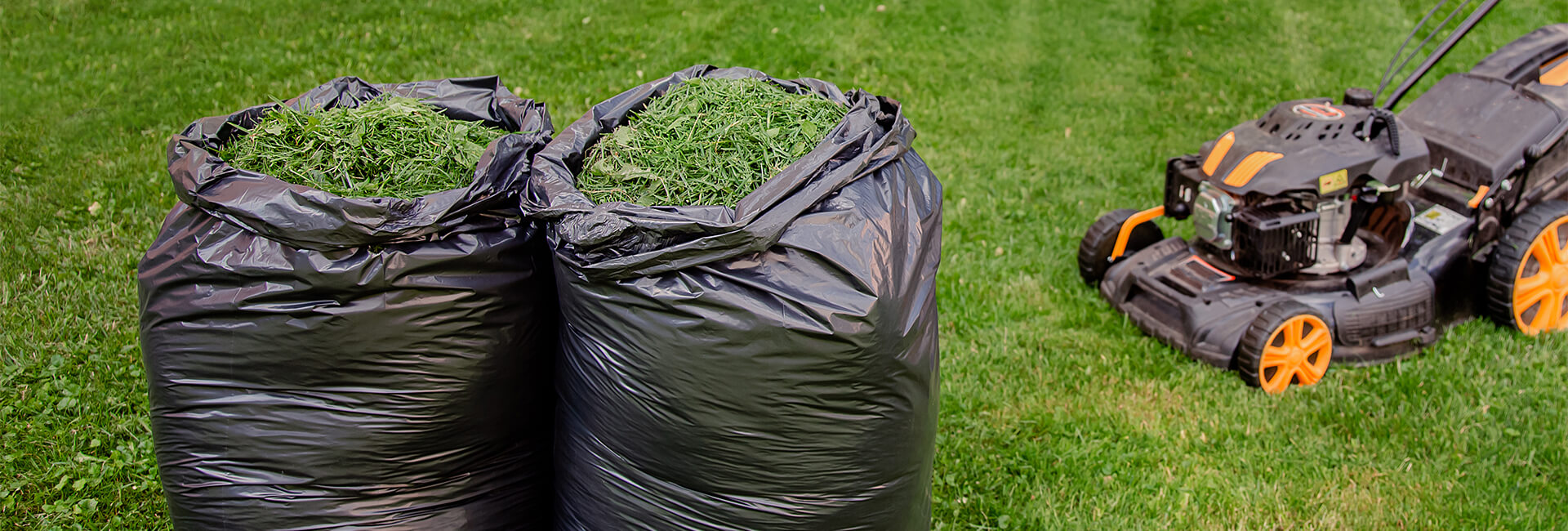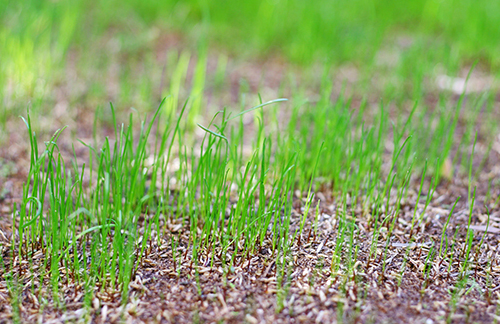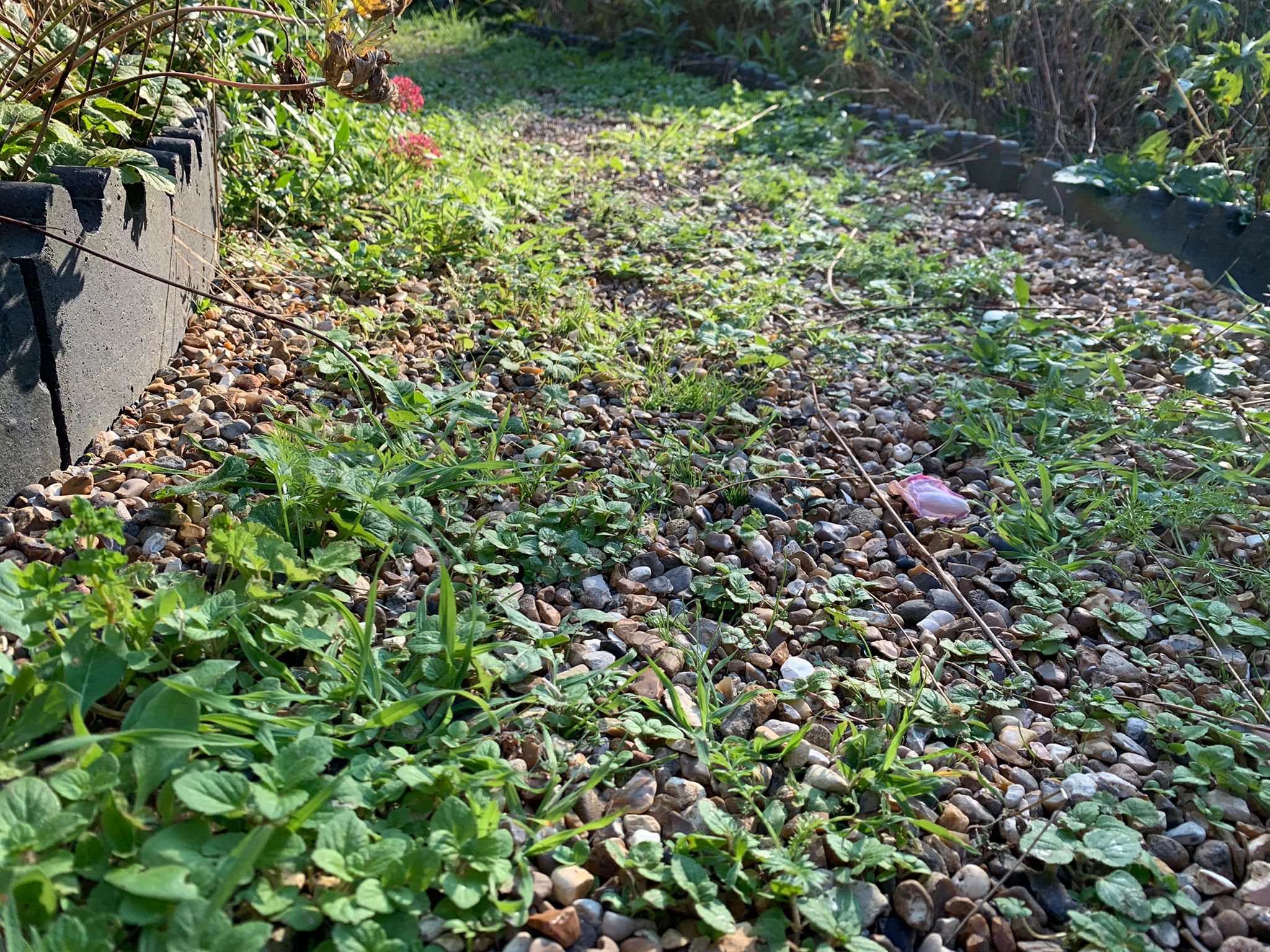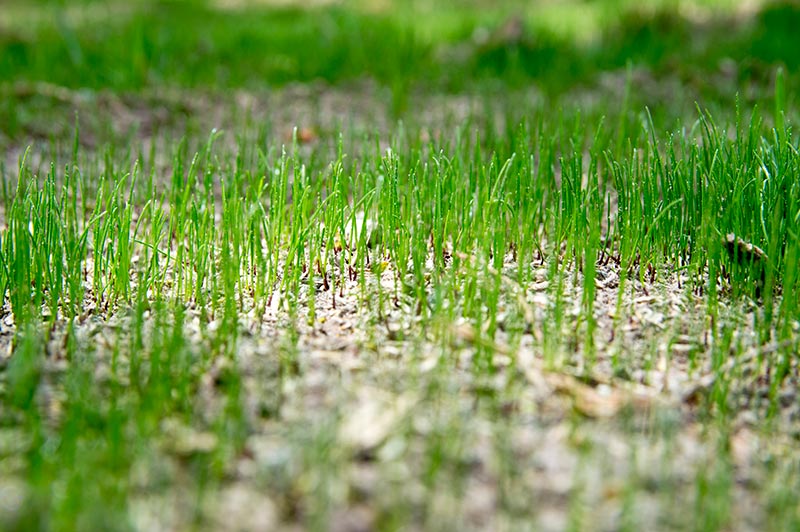How Long Does It Take for Grass Seed to Grow: Ultimate Growth Timeline
Are you eager to see your lawn come to life but wonder how long it takes for grass seed to grow? You’re not alone. Knowing the timeline can help you plan better and avoid frustration. You’ll discover the key factors that affect grass seed growth and exactly what to expect day by day. By the … Read more
